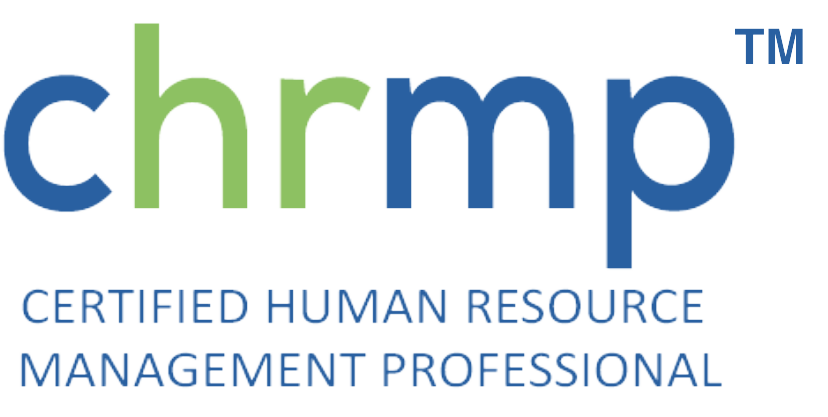Dashboard › Forums › HR Perspectives – Indian Edition › Earned Leave accumulation
Earned Leave accumulation
Posted by Neha Tyagi on August 9, 2023 at 10:39 AMHi, Cna anyone please guide me that can company stop the accumulation of earned leaves , CL and SL of Employees after he resigns and no accumulation happens while he is serving NP? Is this advisable?
Gargi Nemani replied 2 years, 6 months ago 4 Members · 5 Replies- 5 Replies
Hi Neha,
Yes it is mostly in practise that when an employee resigns the accumulation of leaves stops and any leave opted to be treated as LOP or extention in LWD. However, many companies do this in order to prevent the leave encashments as PL /EL are always incashable in anture if not utilised.
Hope this is helpful to you.
Hello Suchismita,
Thank you for sharing your insights and experiences on this topic. Your explanation regarding the practice of stopping leave accumulation upon an employee’s resignation and the consideration of leaves as LOP or LWD extension is valuable. It’s interesting to note that this approach is often adopted to manage leave encashments effectively and aligns with the non-encashable nature of PL/EL when not utilized.
Your contribution to this discussion provides clarity and sheds light on the practical considerations that companies often face in terms of leave policies. If anyone else would like to share their experiences or perspectives on this matter, please feel free to join the conversation.
Thank you once again, Suchismita, for your insightful input!
Thank you sunny for appreciating my work.
Hello, That’s an interesting and important question you’ve raised. The policy regarding the accumulation and utilization of earned leaves, casual leaves (CL), and sick leaves (SL) can vary from company to company and is often influenced by legal regulations. Generally, earned leaves, CL, and SL are considered part of an employee’s compensation and entitlement, so altering these policies requires careful consideration
Some insights I can offer are:
Accumulation and Utilization Policies: Companies typically have policies in place for the accumulation and utilization of leaves. These policies often outline how leaves are accrued, when they can be used, and any conditions for their utilization.
Post-Resignation Leave Payout: In many cases, companies allow employees to encash or be paid for accumulated leaves upon resignation. The treatment of this depends on company policy and local labor laws.
No Accumulation during Notice Period: Some companies restrict leave accumulation during an employee’s notice period to ensure a smooth transition. However, this approach should be communicated clearly in the company’s leave policy.
Legal Considerations: It’s important to consider relevant labor laws and regulations in your jurisdiction. Some countries have specific rules about leave entitlements, accruals, and encashment.
Employee Communication: Whatever policy is decided, clear communication with employees is crucial. They should be aware of how their leave entitlements will be affected.
Balancing Employee Rights and Business Needs: While it’s understandable that companies want to manage leave liabilities, it’s equally important to ensure that employees’ rights and entitlements are respected.
Remember, any changes to leave policies should be communicated transparently to employees, and their concerns should be addressed to maintain a positive work environment.
Let’s hear from others on this platform. What are your views?
Hi Neha,
Yes this is in practice, specially if you have short NP for like one month or so, then if the employee is given leaves in the middle it becomes very difficult to manage the work handover and other exit formalities.
Rest it definitely protects the pl accumulation and hence making benefiting the cost.
There are many employees who tend to resign rite after they receive the salary for a particular month and avoid NP. SO this policy also helps the company in those cases.
Log in to reply.
